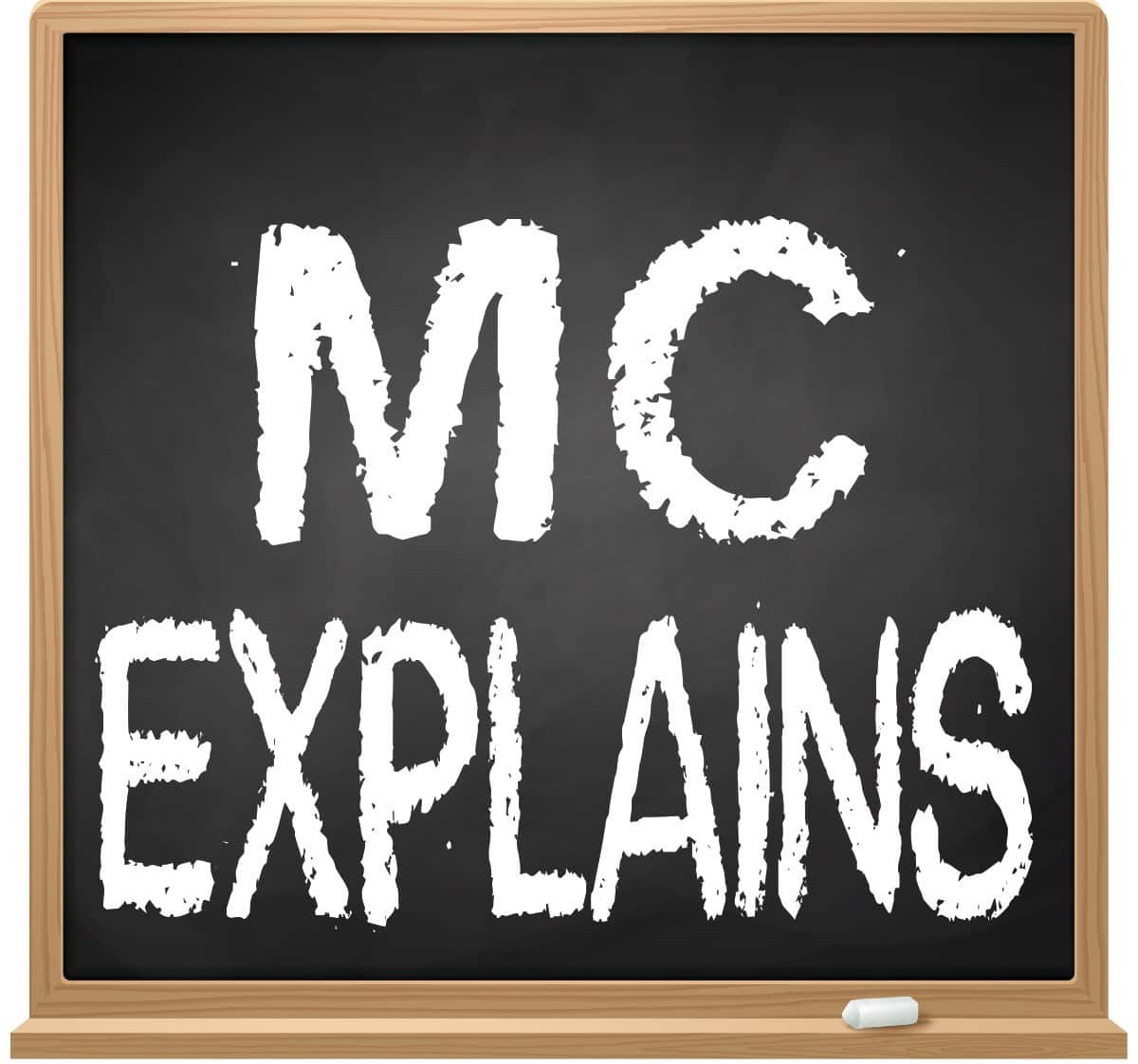



For the first time in 20 years, the Municipal Corporation of Delhi (MCD) will have one mayor following the reunification of the three civic bodies in May 2022.
The Arvind Kejriwal-led Aam Aadmi Party (AAP) has fielded Shelly Oberoi for the mayoral post, while Bharatiya Janata Party (BJP) has put up Rekha Gupta.
AAP wrested control of the civic body from the BJP on December 7 2022, ending its 15-year rule. The high-stakes election to the 250 wards of the unified civic body was held on December 4, wherein AAP won 134 municipal wards, BJP 104, and Congress 9.

The election to the posts of mayor and deputy mayor was scheduled for December 24. However, it was postponed after the MCD House, which had reconvened for the second time, was adjourned sine die following a ruckus by AAP and BJP members.
The first meeting of the MCD House was convened on January 6, but it was adjourned without electing a mayor and deputy mayor as BJP and AAP councillors came to blows over presiding officer Satya Sharma administering oath to the aldermen (nominated members) first and not the elected representatives.
According to the Delhi Municipal Corporation Act of 1957, the Lieutenant Governor of the National Capital Territory of Delhi may nominate 10 individuals (nominated councillors or aldermen) who are above the age of 25 to the corporation. It is expected that these individuals have specialised expertise or experience in municipal administration.
However, the nominated councillors cannot vote in the mayoral election. The next of election for the posts of mayor and deputy mayor will be notified by the Lieutenant Governor of Delhi separately.
The 250 elected municipal councillors, 14 MLAs and 10 parliamentarians of Delhi can vote and elect the First Citizen of Delhi. AAP, which is leading the Delhi government, has the support of 150 councillors, while 113 councillors are in support of BJP. The Indian National Congress (INC) has nine councillors, and there are two independents.
The Mayor is elected through a secret ballot and the procedure is decided by the presiding officer nominated by the Lieutenant Governor.
Thanks to the secret ballot, councillors can vote for any candidate of their choice and the anti-defection law does not apply in the process as it is impossible to find out who voted for whom.
MCD was formed in 1958 under the Delhi Municipal Corporation Act, of 1957. In 2012, MCD was divided into three municipal corporations ― North Delhi, East Delhi, and South Delhi ― and later unified into a single entity on May 22, 2022.
As per the Act, it is mandatory for MCD to hold elections every three years to determine which party will continue to hold power. The Act also specifies that a party must elect a woman as mayor in the first year of its administration and a member of a Scheduled Caste (SC) from among its councillors in the third year.
Powers conferred on the MayorFirst Citizen: As per the Delhi Municipal Corporation Act, 1957, the Mayor or the First Citizen of Delhi shall have full access to all the records of the MCD and may obtain reports from the Commissioner on any matter connected with the municipal government of Delhi.
The Act also mandates the mayor to have a second vote, also known as a casting vote in the event votes are tied during a Corporation meeting.
Disqualification: Elected councillors, after taking the oath, have to declare the assets owned by them and their family members to the Mayor within 30 days. Failure to do so can lead to the disqualification of the councillor.
Quorum: The quorum necessary for the transaction of business at a meeting of the MCD is set at one-fifth of the total number of members. If at any time during a meeting of the Corporation there is no quorum, the Mayor has the power to suspend the meeting until the required number of people are in the House.
Maintenance of order: The Mayor is also mandated to disallow questions that violate the provisions for asking questions during meetings as mentioned in the Delhi Municipal Corporation Act.
The Mayor can also direct any councillor, whose conduct is, in the Mayor’s opinion, “grossly disorderly” to withdraw immediately from the meeting, and holds the power to suspend such a councillor from attending future meetings for a period of 15 days. The Mayor can also decide to terminate the suspension at any time. Rules also say that the Mayor can exempt the special commissioner from answering any question directed at him/her.
Discharge of functions: If a Mayor is absent from duty on account of illness or any other cause, the powers, duties and functions of the mayor will be exercised and performed by the deputy mayor. The mayor, in writing, can delegate the power to the deputy mayor.
Special meetings: The MCD has to hold at least one meeting every month for transactions of a business. The Mayor, upon a requisition in writing, can convene a special meeting of the Corporation.
Discover the latest Business News, Sensex, and Nifty updates. Obtain Personal Finance insights, tax queries, and expert opinions on Moneycontrol or download the Moneycontrol App to stay updated!
Find the best of Al News in one place, specially curated for you every weekend.
Stay on top of the latest tech trends and biggest startup news.